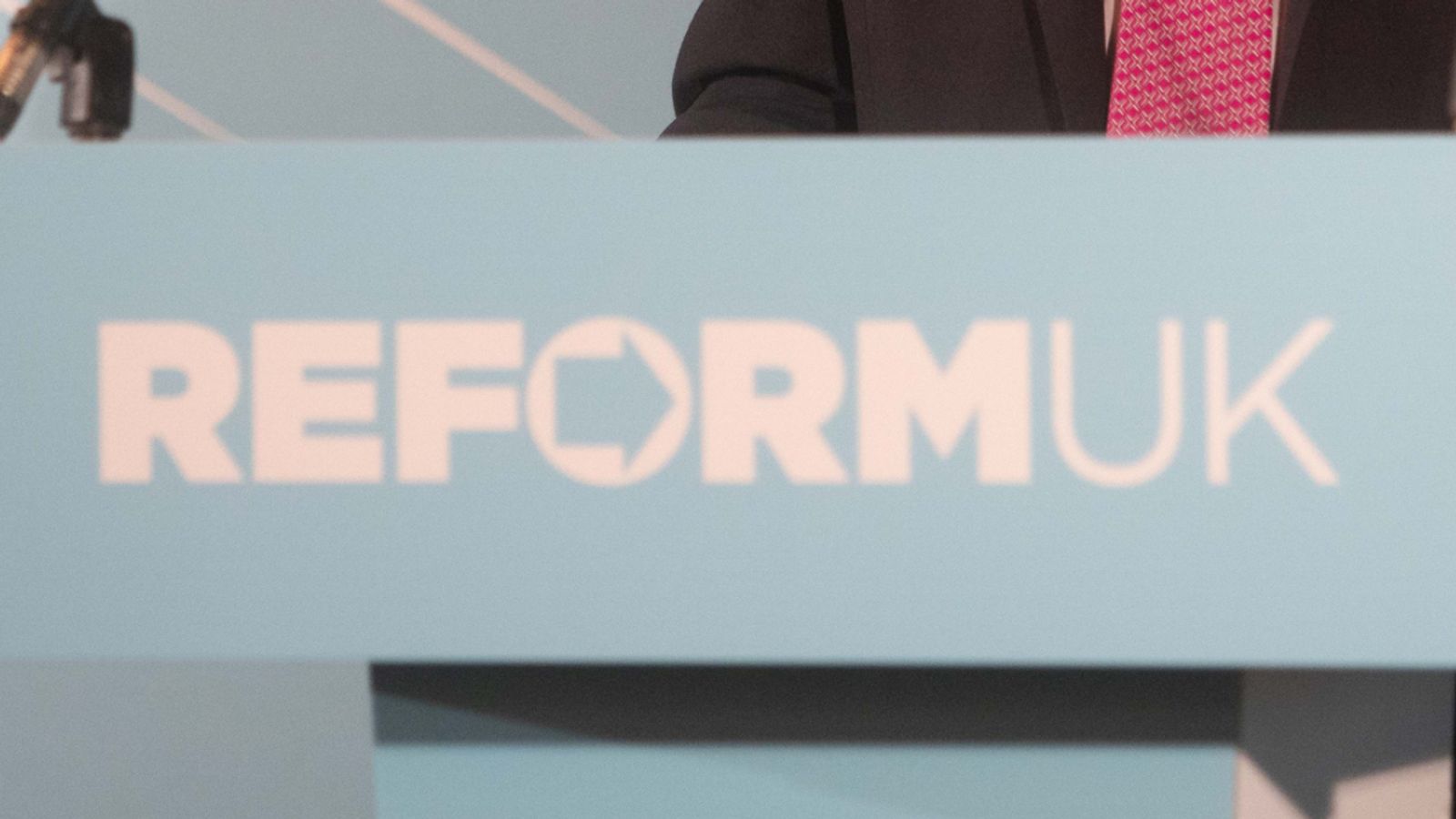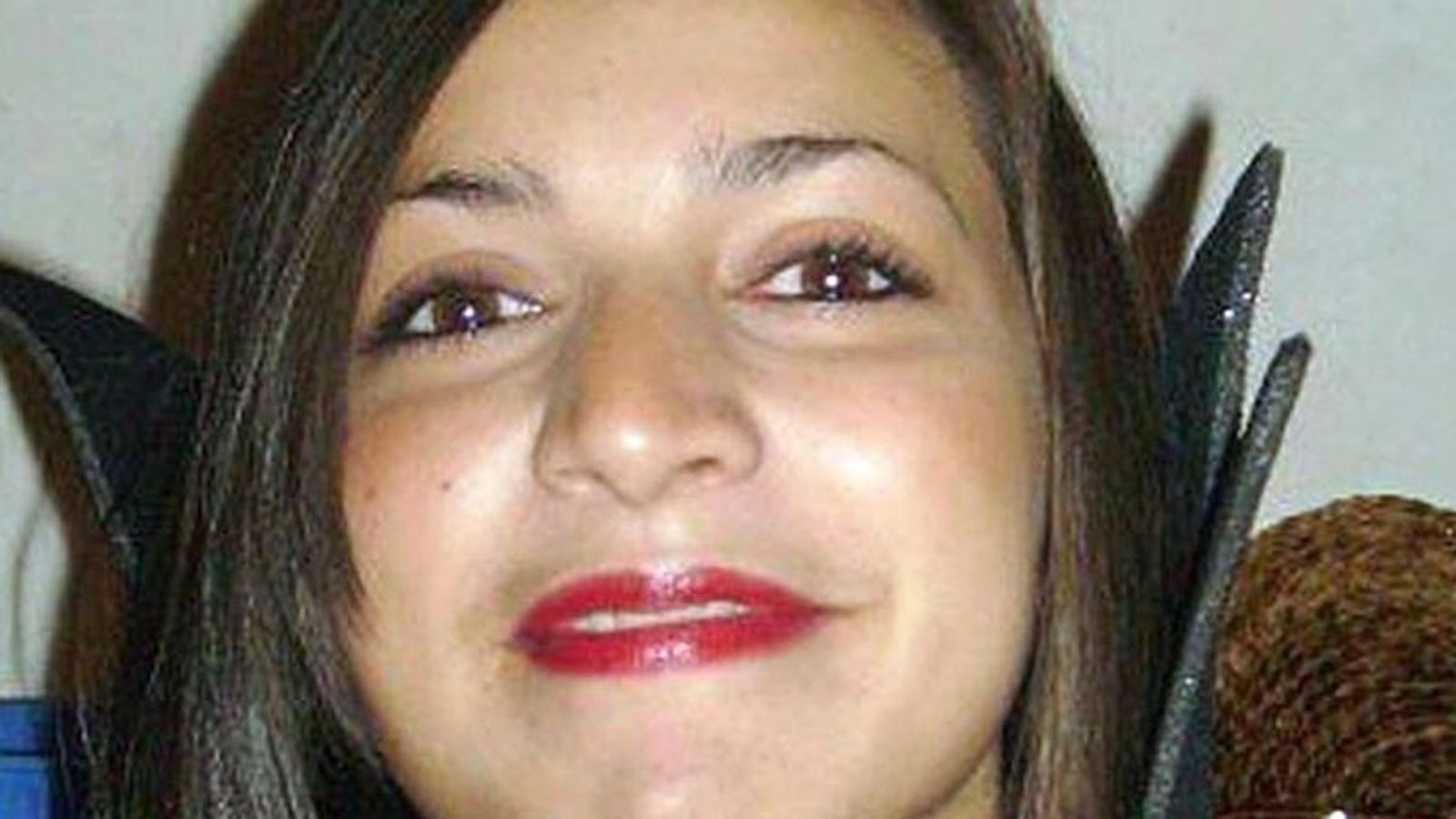I could become the first person to be neither male nor female under UK law (Picture: Mx R Castellucci)
I don’t know, legally speaking, what my gender is here in the UK.
I do, of course, know my actual gender. I’m non-binary. As are tens of thousands of other people here, according to the latest census.
It even says so on my birth certificate.
For most people, that would determine their legal gender.
The problem is, the UK Government claims that, by law, everyone must be ‘female’ or ‘male’.
That’s why I’m taking them to court to try to change this. If I’m successful, I could become the first person to be neither male nor female under UK law.
Meanwhile, as one judge put it, I’m a ‘statutory pariah’.
When I was born in California, someone had a look between my legs, and wrote a gender down on a form.
It never felt right – but then, neither did the only other option I knew of.
For most of my life, I didn’t understand what this meant, or what to do about it. I lived the lie that was expected of me.
Then, at 25, a brief interaction made me feel that the gender I was living as was viscerally wrong for the first time.
By my late 20s, I had started leaving my gender off forms whenever I could. Sometimes I referred to myself as ‘genderqueer’, but I didn’t become aware of the term ‘non-binary’ until 2018.
Picking up my replacement passport made me feel like a kid on Christmas morning (Picture: Mx R Castellucci)
I had my first piece of ID that didn’t feel like a lie (Picture: Mx R Castellucci)
In 2019, my partner moved to London and I applied for a visa to follow.
While I was waiting, the state I was living in – Washington – announced they’d added ‘X’ as a gender option for driving licences. I went to a notary, signed a declaration, and sent everything in.
A few weeks later, I had my first piece of ID that didn’t feel like a lie.
By that time, we were settling into our new home. Changing my Californian birth certificate was just as simple. But my US passport was not.
Dana Zzyym, a non-binary intersex activist, got a court order for one listing ‘X’ rather than ‘F’ or ‘M’ and, in October 2021, it was announced that it had finally been issued.
For a few months, nothing further happened. Then, rumours of an unofficial process to change your passport to ‘X’ began to circulate.
I made an appointment at the US embassy in London. I arrived, surrendered my passport, paid a fee, and swore an oath. Then they rejected me.
They confirmed the rumours, but said I needed to apply in the US. I took the Tube back home to Islington and filed a complaint. They agreed to ship my application to the US.
Nine weeks later, it was official.
Picking up my replacement passport made me feel like a kid on Christmas morning. All my US IDs finally had my gender as ‘X’ or ‘non-binary’. A gender I truly felt was mine.
I want my gender to be like the colour of my hair — boring (Picture: Mx R Castellucci)
However, becoming legally the person I am, has come at a cost and put me in a nightmarish legal limbo.
Official paperwork in the UK is now a minefield.
I see warnings that false statements may be criminal offences and worry. With only two gender options, would either be considered ‘true’? What does that gender need to match? Anything?
Simple forms become tedious negotiations with insensitive bureaucrats. It is exhausting.
Where I am forced to pick from only two options, I won’t lie. I tell them which option I least want. Now all my British IDs list a gender I’ve never claimed to be.
On top of that, I can’t marry my partner of seven years here without picking ‘male’ or ‘female’.
I don’t see why though. English and Welsh marriage certificates don’t even list gender.
I almost had an amazing job offer fall through because a gender was needed for a background check. Again, I ask why? They had my name and date of birth, surely enough information to carry out their checks.
My NHS records say I’m ‘indeterminate, i.e. unable to be classified as either male or female’. That alone took eight months.
Two years to get British Airways to change my title to ‘Mx’. I’m still arguing with HMRC.
More from Platform
Platform is the home of Metro.co.uk’s first-person and opinion pieces, devoted to giving a platform to underheard and underrepresented voices in the media.
Find some of our best reads of the week below:
Metro columnist Nadeine Asbali explains why British Muslims like her are do disappointed by Keir Starmer’s response to the Israel-Hamas war.
Writer Erica Crompton resents the expectation that she should live in poverty because she is on benefits and instead shares how she ‘treats’ herself.
Parenting columnist Sarah Whiteley is proud that her kids eat TV dinners from time to time and champions being a ‘good enough’ parent.
And finally, Emily Tisshaw was told her Halloween costume was offensive to disabled people by her taxi driver – it wasn’t long before he ate his words.
This isn’t some hobby that I enjoy. I want my gender to be like the colour of my hair — boring.
The UK passed the Gender Recognition Act (GRA) in 2004 to allow transgender people to change their legal gender.
The ‘overseas route’ allows a person to receive a Gender Recognition Certificate (GRC) in their gender as recognised under the law of ‘approved countries or territories’.
Nothing I saw in the text of the GRA seemed to limit the options to ‘female’ or ‘male’. It seemed like a way forward, as most US states are on the list, including California.
I felt I had to try this route, but knew I would need legal help. I was able to find a solicitor who was excited to work with me.
We painstakingly filled out the forms, triple checked every detail, and sent them in to try to get a GRC with my birth certificate.
It almost worked. My application was granted.
I’m feeling good about my odds (Picture: Mx R Castellucci)
The law is clear that in this case a GRC must be issued. Mine was not.
I got an email offering me my choice of the computer’s three options: ‘male’, ‘not specified’, and ‘female’. I was excited at first.
Then I pressed them for an explanation of ‘not specified’, but none was forthcoming. So my lawyers filed a legal claim.
A growing number of countries – from Argentina to Australia – offer non-binary people legal recognition.
The UK Government keeps saying that this would be too complicated.
And yet, there has been no chaos outside the UK. It is actually by continuing to do nothing that creates unnecessary complexities.
I want all non-binary people to be offered the recognition I’ve enjoyed from the US. We all deserve it, but we won’t get it any time soon without a fight.
My case has been scheduled to be heard on 1 November. I’m feeling good about my odds.
A ruling in my favour may not immediately help anyone else, but it would be a critical step forward.
I do need help, though.
This case is very expensive. I’ve set up a crowdfunding campaign to help with the costs and the money goes directly to my lawyers.
If you think this matters, please donate or tell someone about my case.
I’m far from alone, and none of us deserve to have the Government insist we ‘pick a side’.
My body was somewhat androgynous to start, but after years of hormone replacement therapy and multiple surgeries I no longer have a ‘side’.
Your donation or help raising awareness would mean the world to me.
Do you have a story you’d like to share? Get in touch by emailing [email protected].
Share your views in the comments below.
MORE : My four-year-old’s response to a question about my gender left me proud
MORE : Children don’t care that I’m non-binary. So why do so many adults?
MORE : A non-binary art class felt like a gift from the Gay Gods for me
I could become the first person to be neither male nor female under UK law.





